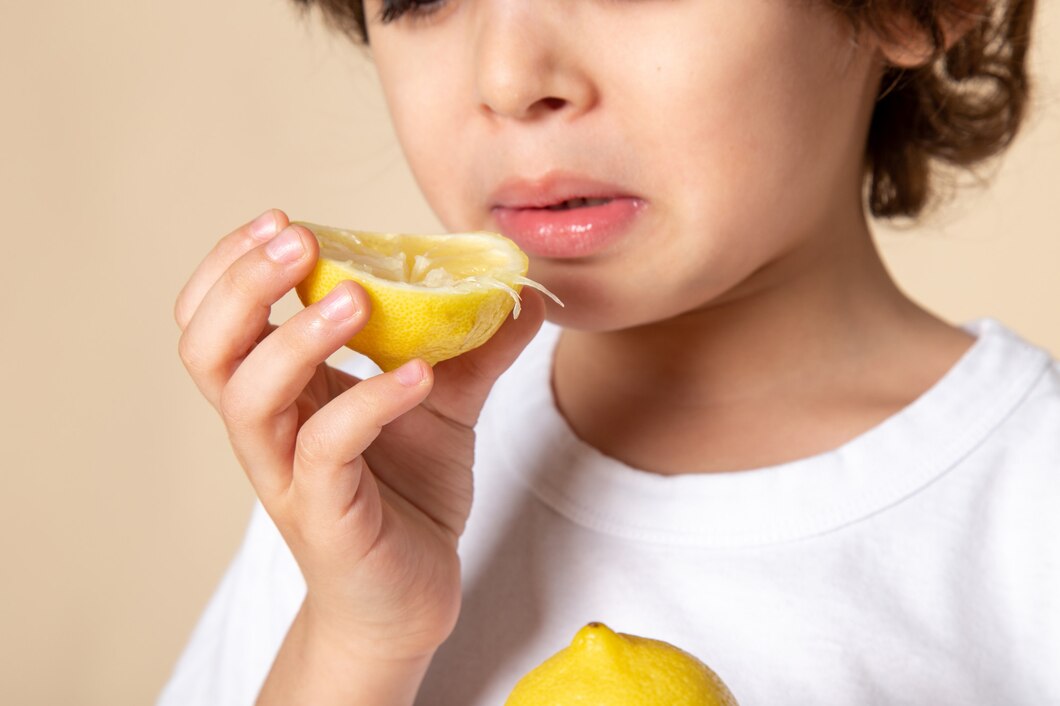Consuming acidic foods and beverages can have a negative impact on dental health. High levels of acid in fruits such as lemons and oranges, as well as drinks like soda and fruit juices, can lower the pH in the mouth and cause enamel erosion. This erosion occurs because the acid weakens the protective enamel layer, making teeth more susceptible to damage. If the enamel continues to wear away, the dentin underneath becomes exposed, leading to increased sensitivity to hot and cold temperatures, as well as a higher risk of cavities.
Additionally, the habit of consuming excessive acidic foods or drinks can worsen conditions such as dry mouth or xerostomia. Low saliva production reduces the mouth’s ability to neutralize acid effectively, increasing the risk of dental damage. Therefore, it is important to maintain a balance by reducing the intake of acidic foods and increasing water consumption, which helps neutralize the mouth's pH.
To protect teeth from the effects of acid, several preventive measures can be taken. For example, after consuming acidic foods or drinks, it is advisable to rinse the mouth with water to help neutralize the acid. It is also important to wait at least 30 minutes before brushing teeth, as brushing too soon after acid exposure can accelerate enamel erosion. Additionally, using toothpaste that contains fluoride can help strengthen the enamel and provide extra protection.
By understanding the risks posed by acidic foods and beverages on teeth, we can take appropriate preventive steps to maintain optimal oral health. Maintaining a balanced diet and regularly visiting the dentist will help prevent dental damage and ensure a healthy, well-maintained smile. This also supports the Sustainable Development Goals (SDGs), particularly SDG Goal 3 (Good Health and Well-being) and SDG Goal 4 (Quality Education).
Author: Rizky B. Hendrawan | Photo: Freepik

